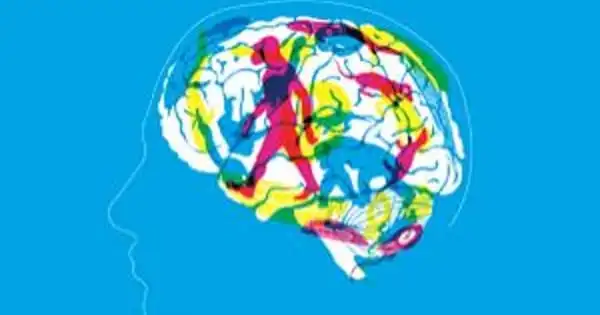Intercultural therapy is a type of psychotherapy that aims to help culturally diverse groups. It is a therapeutic technique that focuses on treating the distinctive cultural aspects that influence an individual’s psychological well-being and mental health. It is also known as cross-cultural therapy or multicultural therapy. It acknowledges the significance of race, culture, beliefs, values, attitudes, religion, and language in the client’s life. It acknowledges that persons from various cultural origins may suffer and express psychological discomfort in different ways, and that cultural elements play an important role in molding one’s identity, values, and beliefs.
Jafar Kareem created the notion in his book Intercultural Therapy. Kareem (1992) thought that individual human beings had certain underlying variations, either in biology, personality, or both, and that both inter- and intrapsychic events significantly affect an individual’s psyche and evolve as part of their unconscious life. The events of the outside world are thus real, but they are also internalised.
Key aspects of intercultural therapy include:
- Cultural Competence: Intercultural therapists are typically culturally competent, which means they comprehend the cultural nuances, values, and customs of various ethnic and cultural groups. This expertise enables them to deal effectively with clients from a variety of backgrounds.
- Respect for Diversity: Respect for cultural variety is promoted through intercultural therapy. Therapists strive to establish a nonjudgmental environment in which clients can explore their experiences, values, and cultural origins.
- Cultural Sensitivity: This approach’s therapists are aware of how cultural variables might affect a person’s mental health. They think about things like acculturation, cultural identity, and the impact of discrimination or prejudice.
- Adaptation of Therapy Techniques: Intercultural therapists may adapt traditional therapeutic techniques to be more culturally relevant and effective for their clients. This might involve incorporating cultural rituals, values, or practices into the therapy process.
- Awareness of Cultural Transference and Countertransference: Cultural transference (when a client projects cultural ideas onto the therapist) and cultural countertransference (when the therapist’s own cultural prejudices influence their impressions of the client) are two issues that therapists are aware of.
Intercultural treatment addresses cultural differences revealed by anthropology. An intercultural therapist must consider a client’s exterior reality, such as poverty, refugee status, racism, sexism, physical health, and physical abilities. Kareem believed that failing to comprehend cultural concerns could result in significant diagnostic and treatment errors.
Intercultural therapy acknowledges the contrasts and similarities of various aspects of culture for both the client and the therapist, and that coming from another culture entails both conscious and unconscious assumptions in both the patient and the therapist. Because of these unconscious assumptions, traditional modalities of treatment may not address the requirements of someone from outside a dominant culture, or therapy may not be offered to them at all.
Finally, the purpose of intercultural therapy is to give culturally sensitive and effective mental health care to clients from various cultural backgrounds, recognizing the significance of culture in creating an individual’s psychological experience.
















